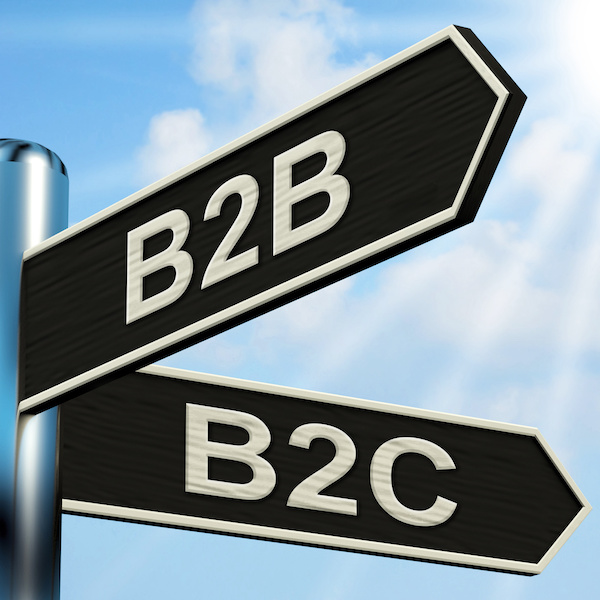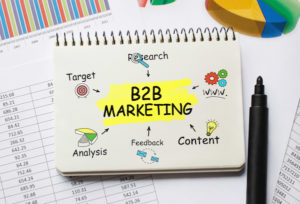One question you probably see more of nowadays is, “What is B2C marketing?” For the longest time, it was about B2B, or business-to-business. You have a product you want to sell in a store, so you try to convince buyers at established retail centers to buy in bulk.
B2C works differently. In the following article, we’ll be looking at what B2C means, as well as what it isn’t, and some good examples of each. Let’s begin!
Defining B2C Marketing
B2C marketing, or business-to-consumer, is a form of marketing that cuts out the middlemen. It allows the producers of goods to take those directly to the consumers they serve. No brokers, no wholesalers, no other vendors.
Rapid advancements in technology have made it easier than ever for creators to connect with their intended audiences. You see it in everything from designer watches to artists and musicians. The B2C space is so large, in fact, that it’s expected to hit $10.5 trillion in size by 2027.
What It Is Not
B2C marketing has mistakenly been used in some circles as a misnomer for online sales. Yes, online sales are heavily involved in B2C, but not all online sales can be classified as B2C.
Take a company like Barnes & Noble, for example. As a bookstore, their typical end-user is going to be a reader of some kind. A reader who buys a book from B&N is actually buying it from the middleman, even if the purchase happens online.
That’s because Barnes & Noble gets their product from the publisher. Publishers are not B2C because they sell most of their products through stores like B&N.
Goals
For B2C to work, you have to accomplish three basic goals. First, create a quality product. Second, determine a price that will guarantee profit after manufacturing, packaging, and shipping. Third, arrange for distribution.
You might employ some B2C marketing automation tools along the way or even work with a B2C marketing agency. Consider these investments in the cost of production. Ultimately, you’re the one who controls the creation, pricing, and distribution.
Actions
Within the three goals mentioned above, there is a number of B2C marketing strategies that can help you accomplish your goals. Product creation stems from you. It means using your resources, ingenuity, and creativity to produce something.
Next, you’ll want to study the market. See what comparable products are selling for in the retail space. How can you use the elimination of middlemen to help you win on price?
Finally, determine how you plan to get your products to the masses. Email is great for marketing to consumers. In the next section, we’ll look at examples of true B2C products.
Examples
Some B2C marketing examples that you might notice include both informational products as well as physical. An informational product might be something like an online course or self-published book. You can distribute these electronically, or use a print-on-demand set-up to sell one piece at a time.
Physical product examples of B2C in action include toilet assistance company Squatty Potty or the boutique watchmaker Anordain. Products like these don’t sell through stores typically because the supply chain creates additional unnecessary overhead.
The ‘What Is B2C Marketing’ Question Will Help You Nurture Leads and Create Customers
Understanding the answer to “What is B2B marketing?” will allow you to better understand your customers. You’ll be able to tell good leads from time-wasters, and you’ll see how you can nurture those leads into paying customers.
Want to take your B2C efforts to the next level? Check out this guide on tailoring your social media directly to consumers.



